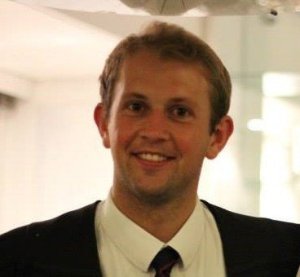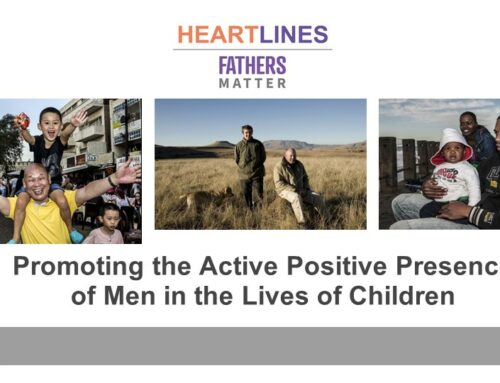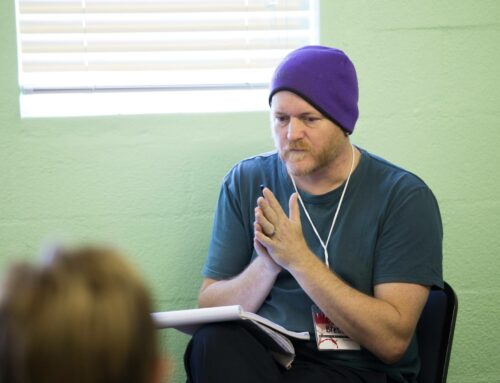Daniel was another of the guests from Friday's dinner and deep dive into Race, Boundary and Location conversation that i wrote about over here, and he shares some of his thoughts from the evening:
We need to learn to listen to one another. Such a simple concept, "I stop talking, you talk", but very hard to execute. On Friday, Brett invited me to a dinner with a number of other peeps from different ages, colour, monetary and social backgrounds. I, unassumingly, accepted his his offer and when we got to the real talk, I felt like I had been hit by a big metaphorical truck. It was awkward, it was hard, it was confrontational and, as Brett said, it was Messi (great pun by the way Brett). What I have been really chewing on for most of the week about that conversation is that we need to learn to listen to one another. I am a lawyer by profession and I deal with conflict all the time (so I secretly enjoyed all the passion and confrontation going on) but what I have learnt is that when people don't take the time to listen to one another, they begin to assume that they know what the other person is thinking and doing and they also think they know why the other person is doing it. I have never seen more conflict happen this way. It is a complete break down of communication and both sides of the coin believe they are right, hence, justified in what they are doing and boy do they fight. I went into this dinner thinking, conceitedly, that I had done a lot of thinking and changing already with all the media hype of late leading me to research this "white privilege" thing and seeing how the effects of apartheid are still very real. I was completely humbled at this dinner in what I thought I knew and in how broad minded I thought I was. I had a good idea of what "they" (black people) thought, mainly derived from media articles and some pretty outspoken politicians you know, all the legitimate sources (I hope my sarcasm is quite clear here). Equally though, I noticed that one of the black guys at the talk also had an idea of how "they" (white people) thought and I was saddened at how we, my (black) friend and (white) I, had been missing each other due to our poor communication. The veil of my own prejudice slowly began to lift as I listened to his personal story, as I put a human being, a face, a name to all the strife that I had been reading about and academically engaging, but not emotionally engaging. I, too, saw the veil of his prejudice lifting, how when he listened to me, he began to see that I too was dissatisfied with the inequities and complete injustice of our present system, that I too recognized my white privilege and was actively trying to change my life to redress the poverty and race barriers so obviously hampering our country. We listened to each other. We were no longer an "us" and "them" but rather a "we". But as I said, it was HARD, it was SCARY, it was CONFRONTATIONAL(okay, I liked this bit), we DISAGREED STRONGLY(I liked this bit too), but it was so so NECESSARY. My final question to my new friends, who happen to be black as well, was how do I wake up tomorrow and change this system? One of them said that I could do nothing but join hands every other person and redress the issues and that these "small" meetings were ineffective. I disagree, Christ changed the world with 12 people, revolutions happen when "small" groups of people meet together and try and make a difference. I challenge all my friends, all the people reading this blog and all the people who take on various pseudonyms and write outlandishly racist comments on Brett's blogs (in fact especially these guys), read Brett's initial blog on this night and look at joining (or even hosting) a conversation like this, and do it face to face, social media doesn't cut it.
[To return to the start of this conversation and read other guests’ reflections, click here]







[…] Read Brian van Zuydam’s reflections on the meal… […]
Such a a beautiful post! Thanx for sharing your honest thoughts Daniel. However in this particular question that you asked (My final question to my new friends, who happen to be black as well, was how do I wake up tomorrow and change this system? One of them said that I could do nothing but join hands every other person and redress the issues and that these “small” meetings were ineffective.) I don’t think the answer was nothing but it was actually “as an individual you might manage to help an individual but the problem as brought about by colonialism and apartheid affected a group so we need something that will transform South Afrika as a group” a paraphrase as I can’t get to the actual words. Individual efforts are beautiful but what we need changed is at the structural level where societies will be affected by transformation not just individuals. I think it was made clear that we can’t rely on the willingness of white people to change for black people to see transformation in their lives hence I even refered to a blog post I wrote for Brett that I spoke about “involuntary justice”.
If we are to wait for a change and willingness of white people for blacks to share in the riches of this land who knows for how long will that take? I am so glad that there are white people like you Dan who are already in this journey and who I would encourage to do those small gestures with their privilege which can change families and ultimately societies and nation in general. I also spoke of intentional program that apartheid was which I said we also have to be intentional.
Intentionality includes:
1 Personal level
2 Communal level
3 Policy level
1) At personal level it is important that you as an individual you make those choices, how do you live? How do you spend you money? Where do you stay? But also personal level is not very new but what have we seen as a country? By that I don’t mean to discourage such but honesty in that the majority of whome they were affected by apartheid has not seen change in this country.
2) Communal level, now that we have that community as we saw at Bretts house how do we look at this problem as that particular community? How do we as a group wish to deal with issues of our land? What is it that as a community we can do to both show solidarity and force and fight for change? Also how do we bring in our friends so that they would also see and act as we are acting?
3) Policy level can we possible talk about the question of the ownership of the means of production. This is the core to the problem that we are faced with as a country. Policies that ensures ownership changes from the few and gets to be owned by majority. This ensures many other things which includes dignity. This means at policy level how do we enforce the government who is so scared of the white power structure, to disturb that white power structure? There should be policies in place that will directly deal with the fact that black people don’t own land in this country. There should be policies that directly deals with the fact that black people do not share in the countries wealth. Now how do we ensure that at policy level this changes? This is where our energies should be wasted as this would deal with the problem of the whole group and not individuals. And also how do we ensure that this is all implemented?
Great words Mr Wiseman, your name is not by accident I think.